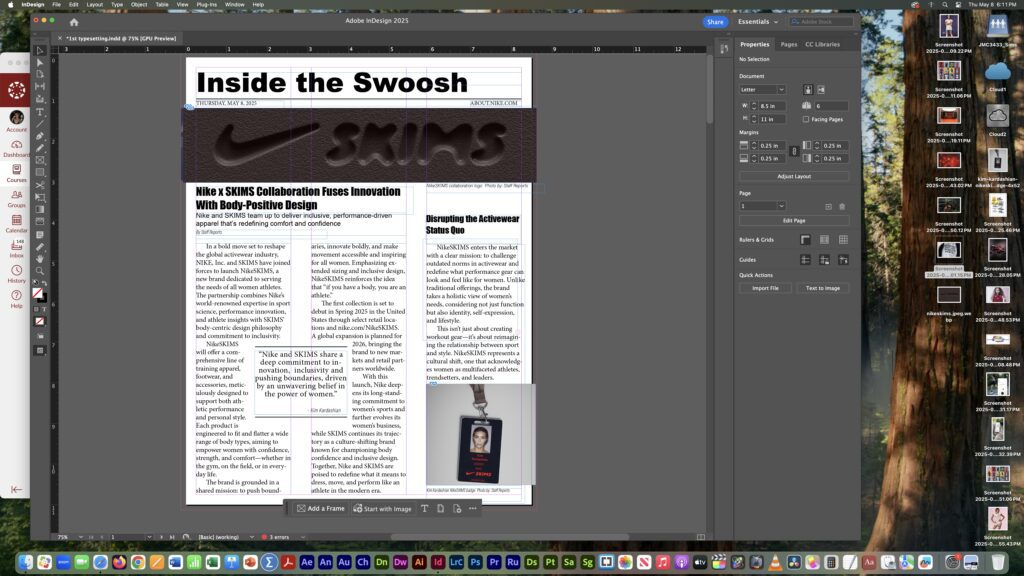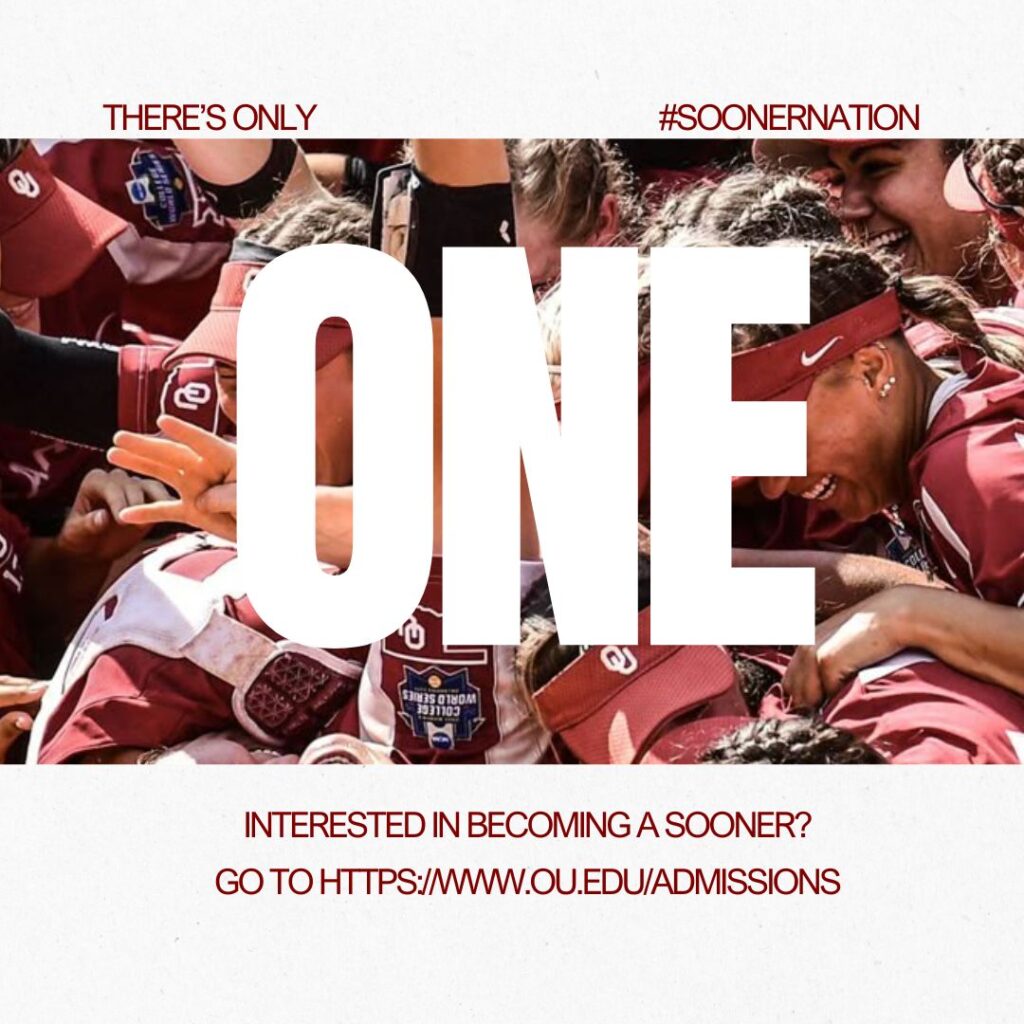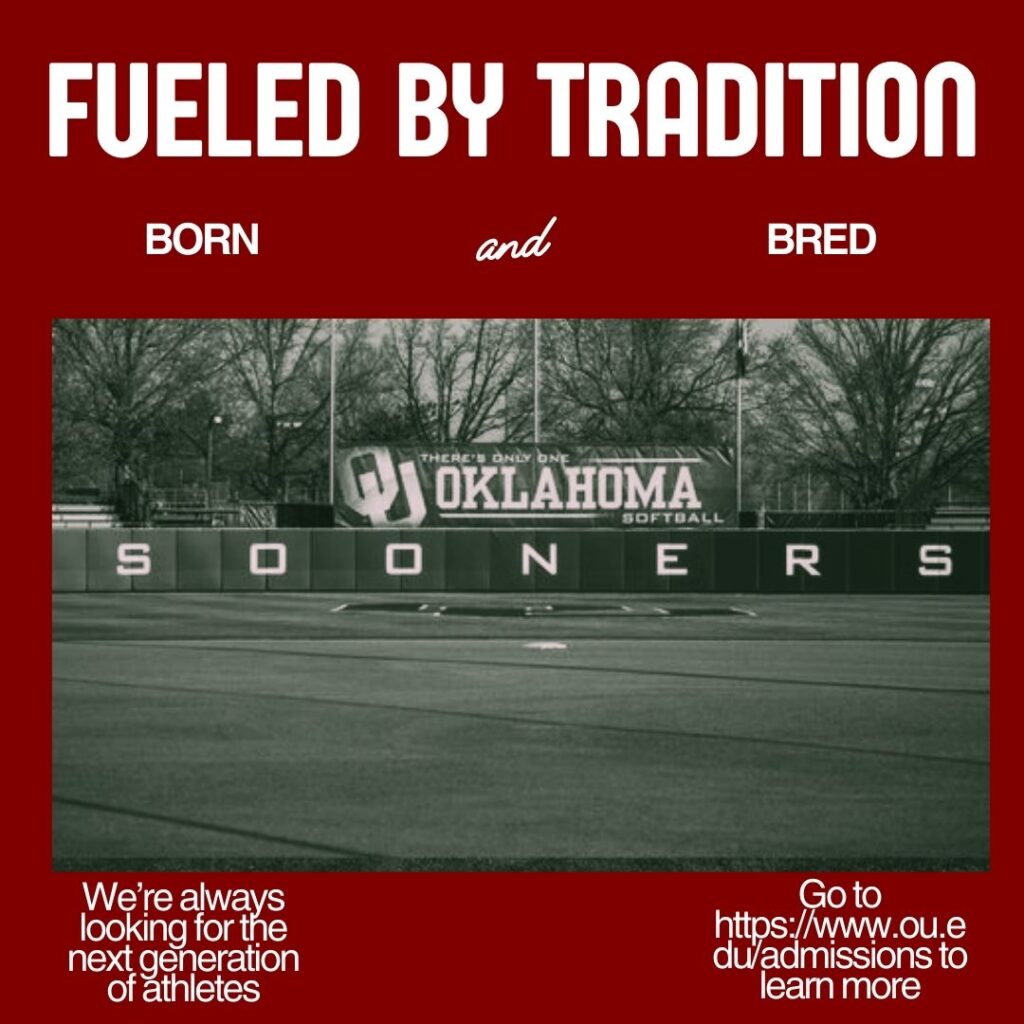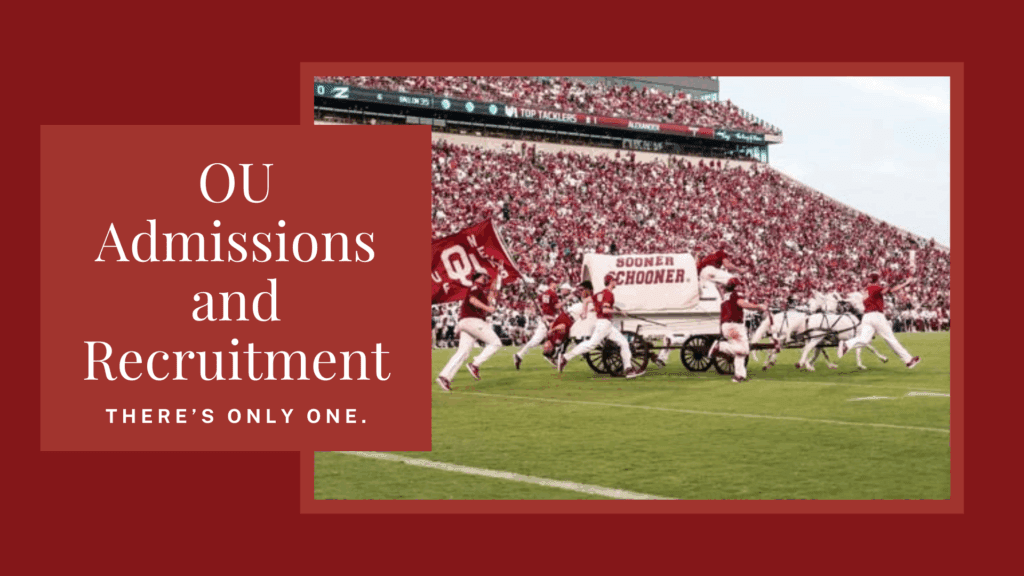How many people would trust a news article if they knew it was written entirely by artificial intelligence? 5 years ago, that question may have sounded very dystopian, but today it has become our reality. AI can have many roles in media and journalism such as analytics, creative direction, or even writing entire articles (Thäsler-Kordonouri, Koliska, 2024,p. 2). AI is beginning to act as a journalist and that is where the concept of AI as an agent in journalism comes into play. There is a transition happening from AI being used as an aid to edit or fine-tune articles and information, it is being used to write the articles. The idea of AI as an agent in journalism is redefining the relationships between the public, news, and journalists.

Journalism Meets AI: Clarifying the Concept
AI is meant to mimick the human mind, and is supposed to be capable of going beyond the natural boundaries of human intelligence (Owsley, 2022, p. 4). The human job of journalism is now being challenged by AI in certain aspects such as planning, writing articles, editing and more, but also utilized.
In Chad Owsley’s concept explication of AI as an agent in journalism he states, “To best link the concepts Artificial Intelligence and Journalism, examining where they intersect may provide the most insightful pathway. AI and journalism intersect at the journalist. More specifically, they intersect at the journalist’s communication” (Owsley, 2022, p. 11).
The idea of using AI as an agent is more than just viewing it as a tool or helpful resource. AI can now some what take credit for work. A news article can be written completely by AI instead of acting as a tool to point out grammatical errors or help come up with a catchy headline. The idea of AI existing almost as a coworker instead of a resource is where AI as an agent comes into play.
Automated Journalism Vs. AI as Agent
Automated journalism and AI as an agent are very similar. A lot of terms are viewed as synonymous to automated journalism such as machine-written news and robot journalism (Olsen, 2023, p.306). Automated journalism essentially takes data and numbers and turns it into a story. For example, taking sports scores and turning them into a templated story without human help (Owsley, 2022, p. 9-10). It can be viewed more as a sidekick or assistant, opposed to someone who would be leading the show. AI as an agent is more intense. This is when AI processes the information and acts as an actual journalist by doing the job a reporter would normally do. It is easy to confuse the two, which is why a concept explication for the terms is so important. Artificial intelligence is used in both cases to create a story but one is more numbers- focused than the other.

Where Does This Leave Us?
AI can be an extremely helpful tool, but it isn’t the same as a human. AI as an agent can be efficient and helpful in some situations, but it will never have the same emotion and values that a human journalist will. News written by a human can come off more raw and real, whereas AI can sound exactly what it is: robotic. In this day and age where AI is constantly evolving and being used more frequently, it is hard to draw clear lines with its use. Both AI and humans can tell stories and process the information needed for those stories, but a human will have a different perspective to add. In the next few years I think we are going to see a lot of struggle to determine the ethics and use of AI in the workplace, especially journalism.
Keywords:
Automated Journalism, AI as Agent, Journalism, Artificial Intelligence (AI).
Resources:
Olsen, G. R. (2023). Enthusiasm and Alienation: How Implementing Automated Journalism Affects the Work Meaningfulness of Three Newsroom Groups. Journalism Practice, 1–17. https://doi.org/10.1080/17512786.2023.2190149
Owsley, C. S. (2022). Artificial Intelligence as Agent in Journalism: A Concept Explication. University of Nebraska at Omaha.
Thäsler-Kordonouri, S., & Koliska, M. (2025). Journalistic Agency and Power in the Era of Artificial Intelligence. Journalism Practice, 1–20. https://doi.org/10.1080/17512786.2025.2480238





















